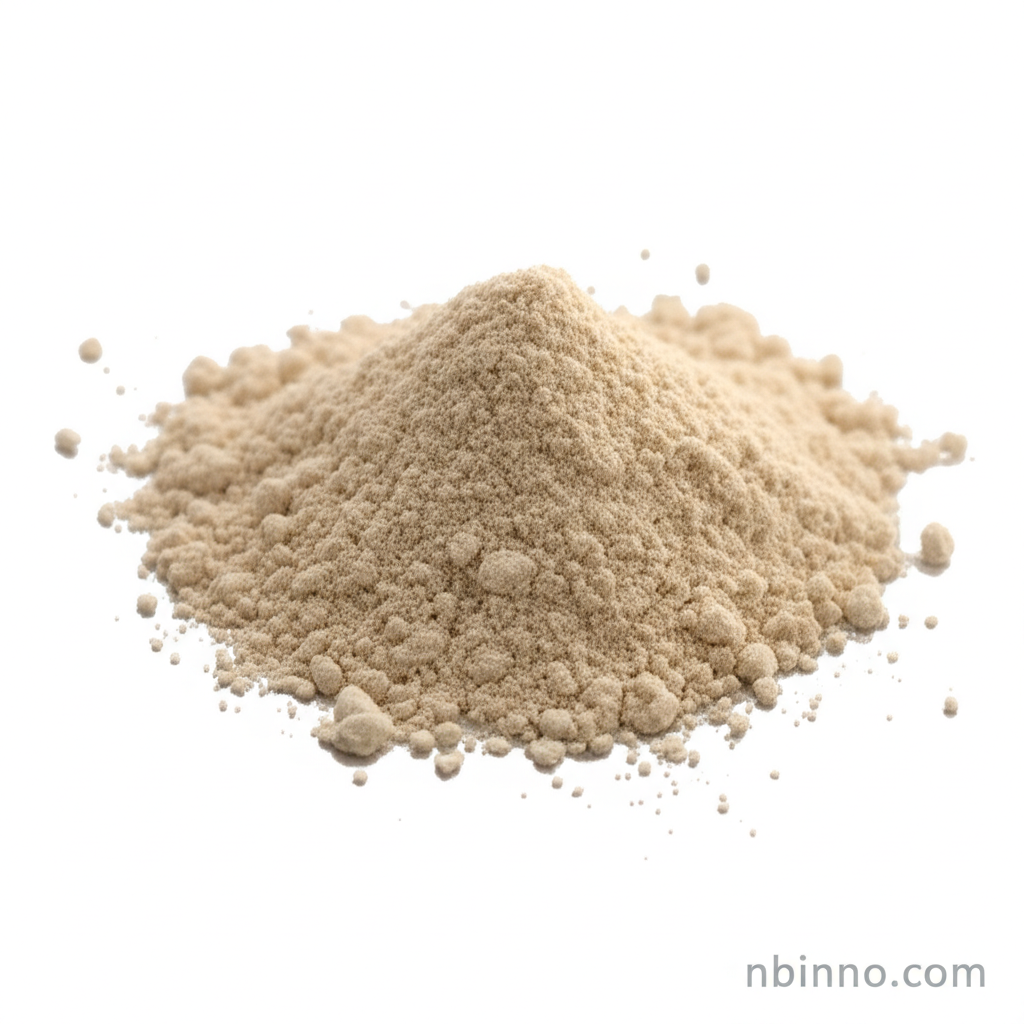Naphthalene-2,6-dicarboxylic Acid: A Versatile Intermediate for High-Performance Polymers and Advanced Materials
Explore the critical role of this organic compound in advanced material development and chemical synthesis.
Get a Quote & SampleProduct Core Value

Naphthalene-2,6-dicarboxylic Acid
Naphthalene-2,6-dicarboxylic Acid is a vital organic intermediate with significant applications in the creation of advanced materials. Its unique chemical structure makes it an essential component for synthesizing high-performance polymers and specialized chemical compounds.
- Discover the 'high performance polyester monomer' properties that make this compound crucial for advanced textiles and films.
- Learn how it serves as a vital 'PEN polymer precursor', enabling the production of materials with superior thermal and mechanical characteristics.
- Understand its role as a key 'MOF synthesis intermediate', facilitating the creation of porous materials with applications in gas storage and catalysis.
- Explore its utility as a versatile 'organic chemical intermediate' in the broader fine chemical industry, supporting diverse research and development efforts.
Key Advantages
Enhanced Material Properties
Leverage Naphthalene-2,6-dicarboxylic Acid as a 'high performance polyester monomer' to impart exceptional thermal stability and mechanical strength to polymers.
Broad Application Spectrum
Utilize this compound as a 'fine chemical raw material' across various sectors, from pharmaceuticals to cutting-edge materials science.
Advanced Synthesis Capabilities
Benefit from its role as an 'organic chemical intermediate' for complex molecular architectures, including those found in 'MOF synthesis'.
Key Applications
Polyester Fiber Production
As a 'PEN polymer precursor', Naphthalene-2,6-dicarboxylic Acid is instrumental in manufacturing high-strength, heat-resistant polyester fibers widely used in industrial applications.
Metal-Organic Frameworks (MOFs)
Its structure makes it an ideal 'MOF synthesis intermediate', contributing to the development of materials for adsorption, separation, and catalysis.
Liquid Crystal Polymers (LCPs)
This compound serves as a building block for LCPs, valued for their exceptional mechanical properties and thermal stability in demanding environments.
Pharmaceutical and Fine Chemicals
Utilized as a 'fine chemical raw material', it supports the synthesis of complex molecules within the pharmaceutical and specialized chemical industries.
